Posted on 8/23/2021

Windshield wipers are so often overlooked, but they are such a crucial part of our cars. Wipers ensure our safety by helping us see through our windshield whenever it rains, snows, or fogs up when we drive. However, wipers can be very irritating if they aren't doing their job well. To ensure everyone's safety, we suggest you stay on top of when they need to be replaced. Some signs of failing wipers include skipping, streaking, and squeaking noises. According to many manufacturers, you should swap out your windshield wipers once every six months to one year. However, they can require attention before that time frame if not taken care of properly. To help extend the use of your windshield wipers, follow these maintenance tips: Clean your windshield. Cleaning your windscreen will limit the amount of dirt and debris that sticks to your wiper blades. Wipe your wipers. As you regularly use them, your wipers blades collect dust and dirt. You can remove the debris to keep the r ... read more
Posted on 7/21/2021

Every time you step into a vehicle, you have to understand that your safety is compromised. The reality is that we cannot control or foresee how other people drive. There are many drivers out there who are aggressive and lack consideration for others on the road. Sadly, so many accidents happen every year because of the handful of people who like to speed and drive recklessly. To ensure your safety, please make an effort to practice defensive driving. Other benefits of defensive driving may include: Prevents Points from Being Added to Your Driving Record Avoid Accident Fees or Speeding Tickets Discount on Insurance Rates Sense of Personal Responsibility Tips on Defensive Driving 1 - Plan Ahead Defensive driving can commence before you even start your car. If you have a mobile device, get in the habit of checking weather conditions and traffic conditions to know what to expect on your commute. 2 - Always Check Blindspots Whether you are changing lanes or merging onto the h ... read more
Posted on 6/23/2021
%20-%20Copy%201.jpeg)
Your car battery is an integral part of the automotive team. Besides powering the electrical system, it maintains a steady electrical current to start your car and keep it moving. In addition to routine oil and filter change, tire rotation, and other general maintenance practices, maintaining your battery in great shape is equally important. A properly functioning battery guarantees you a healthy and reliable vehicle that runs efficiently. So, How Often Does a Battery Need Replacement? Under proper regular maintenance and proper care, your car battery might even last for five years. All the same, most batteries tend to wear out and become inefficient after three years of daily use. With time, the battery will eventually deteriorate, becoming completely unreliable and calling for a replacement. The trick is to pay keen attention to your battery's condition and performance after three years. If you notice any problem, have a reliable mechanic address it before it affects the entire ... read more
Posted on 5/25/2021
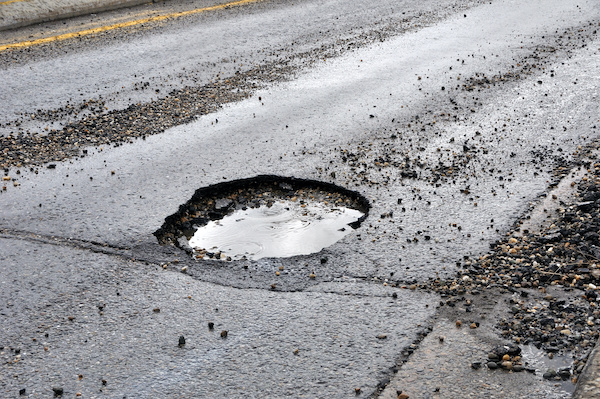
Potholes and other bumps on the road are a menace to every car driver, but they are especially dangerous for those who have cars with low suspension. This is because these small potholes can affect the balance and control of your car, which in turn increases the risk of accidents. In this article we will go over some possible parts that can get damaged by potholes: 1. Tires These are the first components of your vehicle that get damaged when you drive over potholes. The air pressure in your tires is reduced, which can lead to other problems such as the car losing control and reducing stability. Additionally, if you are driving on a regular road surface and hit one pothole, your wheels can be forced out of alignment. Driving with wheels that are not properly aligned can be a detriment to your ability to steer and can wear down your tires excessively over time. 2. Wheel Bearings A wheel bearing is a mechanism that controls how much grease goes ... read more
Posted on 4/23/2021
.jpeg)
A vehicle's engine is the heart of the locomotive, and without proper air circulation, the engine cannot function properly. The combustion process in the engine requires air to function, without which the vehicle may 'suffocate'. For air to reach the engine, it has to go through the air filter. The air filter ensures the air directed to the engine is free of dirt, debris, bugs, and other contaminants that can damage the engine. However, over time, the air filter may get clogged, affecting the air quality that goes to the engine, thereby affecting the vehicle's overall performance. When should you replace your air filter? Drivers are advised to change their air filters after every 12 months or 10,000 to 15,000 miles. However, if you drive through dusty roads often, you should have your air filters checked every 6,000 miles. What are the signs of a dirty air filter? The air filter appears dirty This is one of the most common signs of a dirty air filter. A clean air f ... read more
Posted on 3/17/2021
.jpeg)
Shocks and struts help with the normal impact of everyday driving and can be especially useful when navigating potholes, speed bumps, and other impediments that can otherwise affect your vehicle. Keeping them up and getting them replaced when necessary is vital to the overall functioning of your vehicle, so knowing the difference between the two is helpful in getting familiar with their functioning. It's worthy to note that there are cases when shocks and struts work together for good suspension and absorption, but they can work independently as well. Shock absorbers have good jurisdiction over your vehicle's spring and suspension functions and actually serve to control them using thermal or heat energy. The suspension is converted into motion using hydraulic fluid. In this sense, they act as "oil pumps" as they swing into motion. The piston, which is attached at the end of the piston rod, gives resistance to the hydraulic fluid that's being pumped inside the pre ... read more
Posted on 2/18/2021
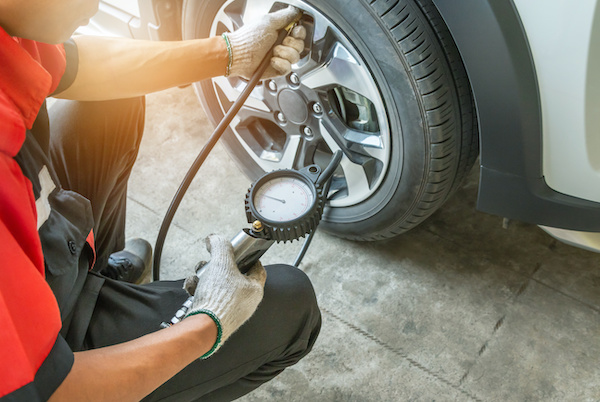
There are many things that can lead to driving dangerously. When you're driving you to want to do everything in your power to ensure that you're driving as safe as you possibly can. One thing that many don't consider when it comes to safe driving is tire pressure, especially during cold weather. You want to guarantee that your tire pressure is always right for cold weather. Here are some details on how cold weather can affect your tires and what you need to do! When you're experiencing cold weather, it's good to know what will happen to your tires. When the temperature has dropped the pressure in your tires is affected. This is due to the molecules in the air moving slower and coming closer together. Your tires may lose 1-2 pounds per square inch (PSI) for every ten degrees of change in weather when the temperature drops. When you notice this happening, you don't want to ignore it. A slight decrease in your tire pressure may be difficult to notice, but it can ... read more
Posted on 1/21/2021
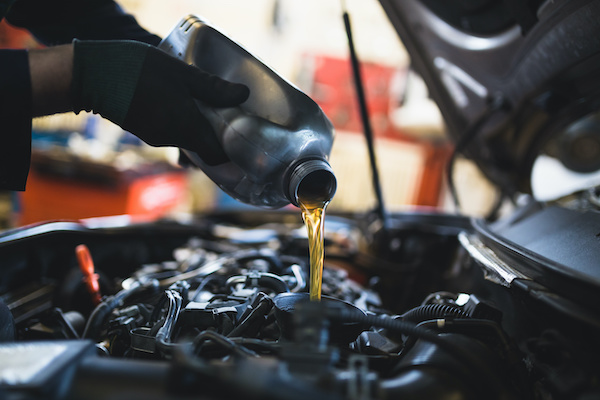
If you think that your vehicle is burning through oil, it could be a few different issues. All vehicles burn through oil at least a little bit. But if you feel like you need to replace the oil ever other day, this can be a big problem and you need a good mechanic right away. There are a number of reasons why your vehicle is burning through oil. And all of them are signs that your vehicle is not working the proper way. It is also possible for the vehicle to burn oil both internally and externally. If you notice that the vehicle is burning oil, especially if you think that the oil is being burned internally, then you need to visit your mechanic right away. While you can refill the oil on your own, when the vehicle runs through it too quickly, this is a bad sign. The more that this oil is burnt up in the combustion chambers, the more damage the engine will encounter. Before visiting a mechanic, it is important to know how much oil the engine is burning through. You need to be on the ba ... read more
Posted on 12/13/2020
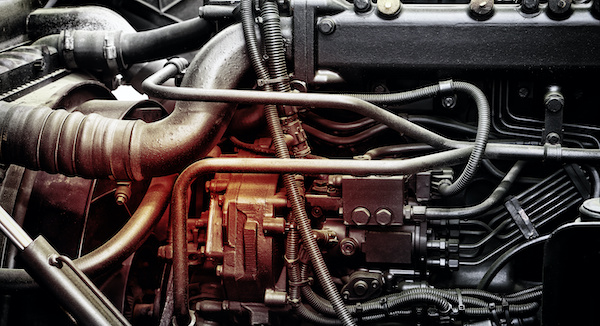
Maintenance tips for diesel engines A diesel engine is an internal-combustion engine in which air is compressed by pistons causing ignition of fuel towards the end of the compression stroke. You probably have plenty of reasons as to why you cherish your diesel-powered engine. Some of these reasons are friendly fuel economy, rare frequent maintenance checks as gas-powered vehicles, and lower emissions. In as much as your diesel-powered engine doesn't require much attention to serve you to your satisfaction, you should check out some of these tips to ensure you get the best out of it. Maintenance tipsKeep your engine clean With a longer lifespan compared to that of their gas counterparts, diesel engines are likely to have dirt and dust accumulate on its engine after navigating very long distances. This will in turn shorten your engine's lifespan. Proper cleaning is therefore very important to avoid dirty engine components ... read more
Posted on 11/2/2020
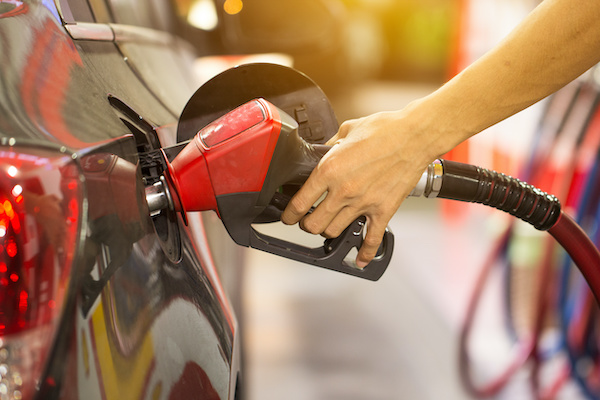
Gas prices can put a dent in your wallet, so tips for better fuel efficiency are always welcomed for most drivers. Better gas mileage can help save money in the long run, especially if you own a gas guzzler. A few essential maintenance tasks that can prevent frequent trips to the gas station while also boosting vehicle performance. While it's great to save money on gas, some tips improve your engine's efficiency, increasing its lifespan. Below are five helpful techniques that improve the fuel efficiency of your vehicle. Keep the tires properly inflated. At your next gas station trip, take a few moments to check your tire pressure. The recommended tire pressure for your vehicle is printed inside the driver's door jam. If you can't find it there, your vehicle's owner's manual will have the manufacturer's recommendation listed. Underinflated and overinflated tires can cause your engine to use more gas. Keeping them at the manufact ... read more